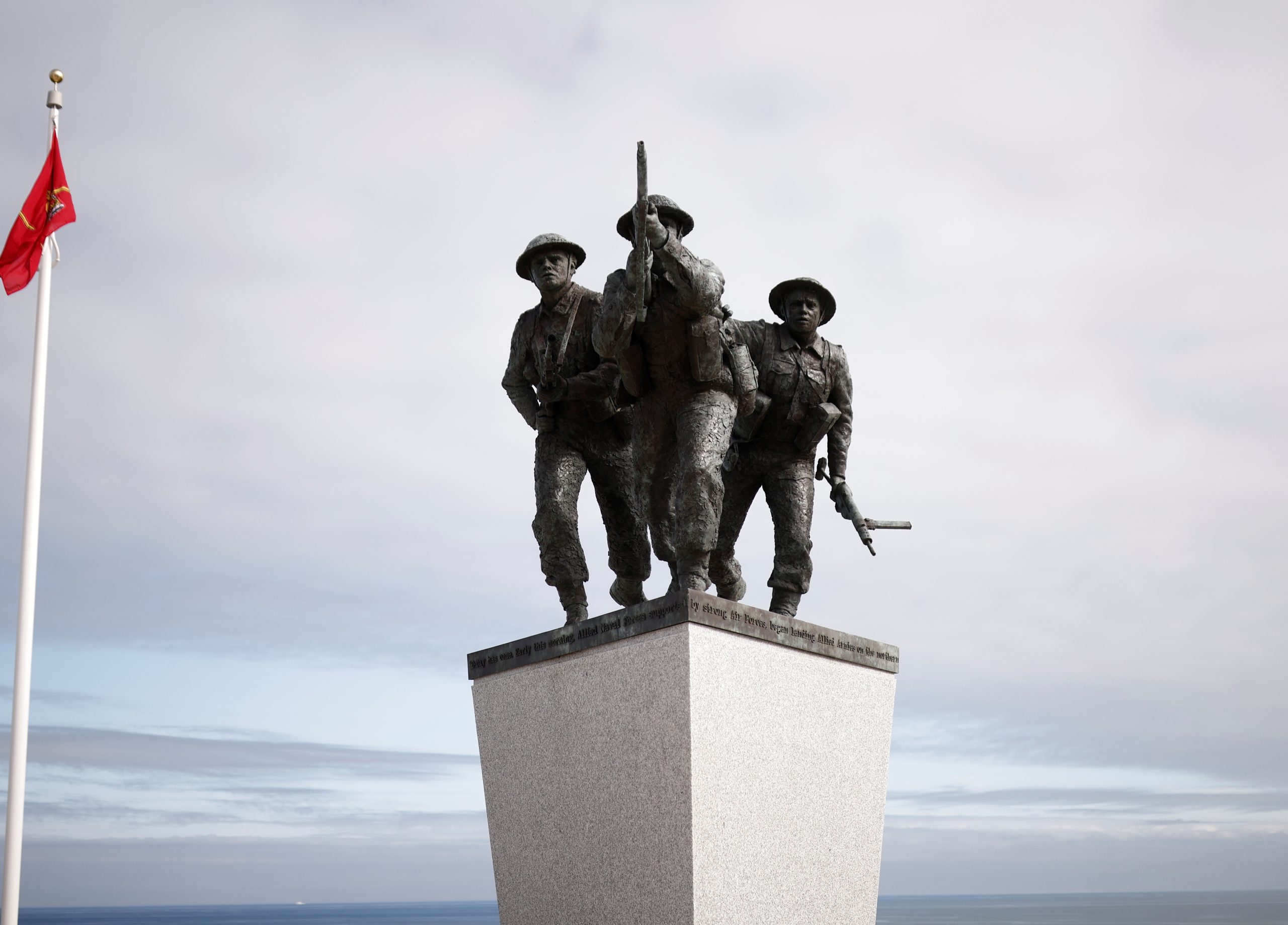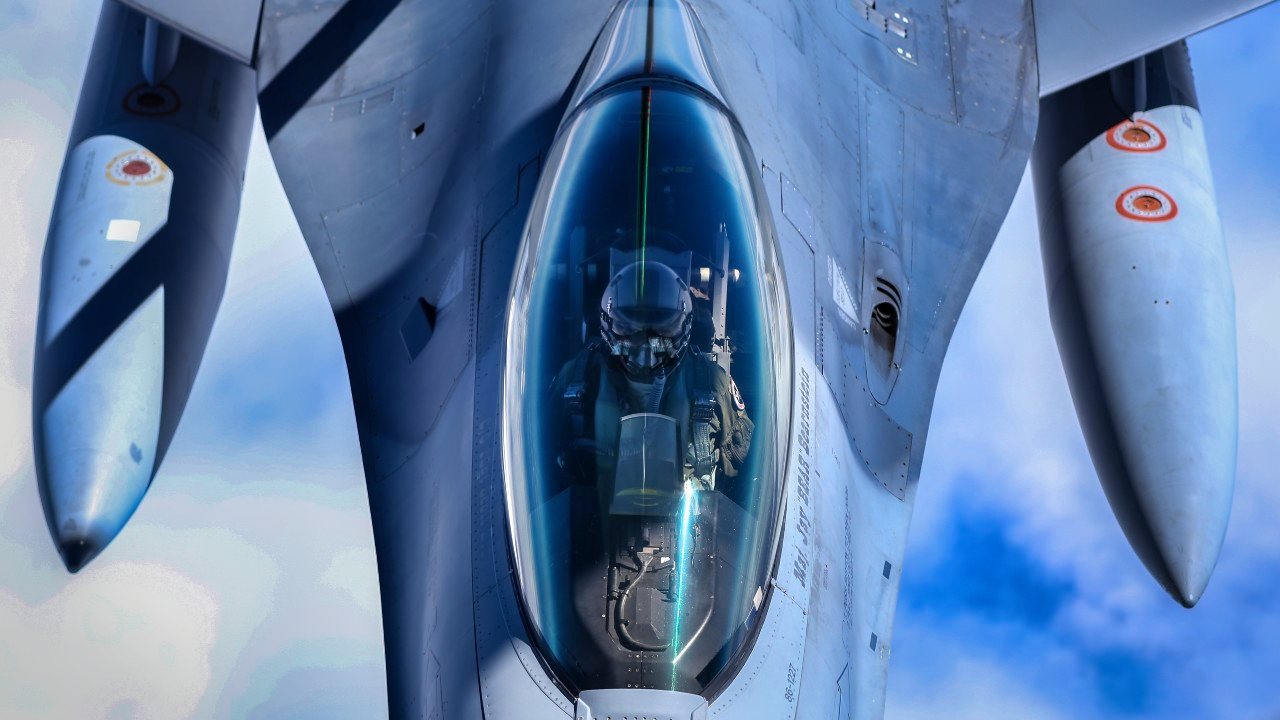As we wind down for a relaxed Memorial Day weekend, I urge us all to pause, reflect, and give thanks for the fact that most of us have lived their entire lives in a world without great power war. Just last month we entered the 79th year since Japan’s surrender at the end of World War II. This longest peace—that is longest period without great power war—has no precedent in history. It is not natural, not permanent, and not to be taken for granted.

Instead, it is the amazing result of great statecraft and sticktuitiveness by those who built the post-World War II order—and by successive Democratic and Republican administrations over the decades since. And the foundation on which that peace has been sustained is the most powerful military force in the world that has made possible “peace through strength.”
So my suggestion for this weekend is that each of us reach out to at least a dozen veterans and currently serving members of the US military to say: thank you.
The freedoms we so often take for granted are not natural facts. The freedom to exercise our endowed rights to “life, liberty, and the pursuit of happiness” that so many individuals across the world lack are not free. As George Orwell reminded us: we and our families sleep safely in our beds only because rough men stand vigilant around the world ready to do violence.
Seven years ago, I published in Politico an article titled, “On Memorial Day, What do the Living Owe the Dead?” My answer: “We owe them the courage and wisdom to prevent the next war.” As the article argues, the “unnecessary wars” we should do our most and best to avoid are not just the tragic sideshows like Iraq in 2003 or America’s failed occupation of Afghanistan. Instead, we must avoid the successor to the grand reapers of the past century: World War I and World War II. We must avoid World War III.
The claim that either or both of the previous world wars were unnecessary may be surprising. But a careful examination of the road that led from the conditions statesmen faced at the beginning of the 20th century to the conflagration that essentially destroyed Europe finds many paths untaken that could have led to resolutions of differences without war.
For example, British Foreign Minister Edward Grey had outlined a proposal to punish the Serbs that the major parties would have accepted without war. But he and the leaders in other capitals spent more days on vacation in the July and August following the assassination of the Austro-Hungarian archduke than they did attempting to resolve the crisis.
The proposition that World War II was “unnecessary” may seem even more extreme. But the source for this claim is none other than the greatest statesman of the past century who valiantly led not only Great Britain but the world to the defeat of Hitler’s Naziism: Winston Churchill. As Churchill wrote subsequently in his history The Gathering Storm, “One day, President Roosevelt told me he was asking publicly for the suggestions about what the war should be called. I said it was ‘the Unnecessary War.’” Churchill then goes on to explain that “There never was a war more easy to stop than that which just wrecked what was left of the world form the previous struggle.” Had they only listened: when Hitler violated the terms of the Versailles Peace Treaty and remilitarized the Rhineland in 1936, Churchill called for Britain and France to send troops to enforce the peace. Had they done so, the German general staff would very likely have ousted Hitler, and World War II would never have happened.

Can lessons from this history can be adapted and applied today as the US faces in China the fiercest Thucydidean rival history has ever seen, and in Putin’s resurgent Russia a deeply wounded bear? That is the challenge for statesmen and the analytic community today.
As we attempt to rise to this challenge, we should try to do so with gratitude for the courage and blood so many have shed and risked on our behalf, humility as we identify errors made in the past, and determination to avoid the next unnecessary war.
About the Author
Dr. Graham Allison is the Douglas Dillon Professor of Government at Harvard University, where he has taught for five decades. Allison is a leading analyst of national security with special interests in nuclear weapons, Russia, China, and decision-making. Allison was the “Founding Dean” of Harvard’s John F. Kennedy School of Government, and until 2017, served as Director of its Belfer Center for Science and International Affairs which is ranked the “#1 University Affiliated Think Tank” in the world.
All images are from Shutterstock.